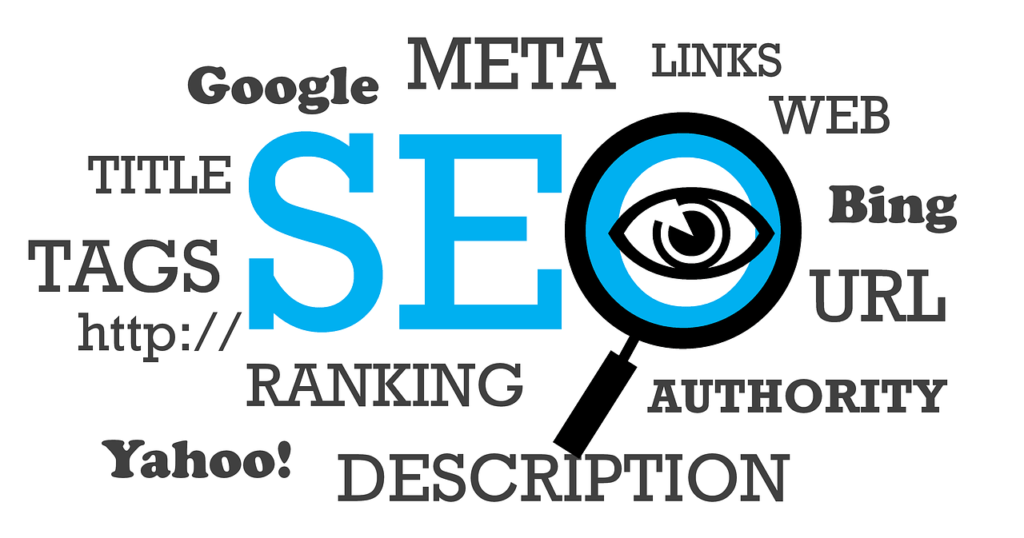Hello, everyone, and welcome to The Marketise! In today’s article, we will dive into the world of backlinks. This is the first article in our backlink series, and we will cover everything from the basics of backlinks to their importance in SEO.
What Are Backlinks?
Backlinks, also known as inbound links or incoming links, are links from one website to another. They are essential for SEO because they signal to search engines that your content is valuable and worth linking to. Imagine it as a vote of confidence from one site to another.
Why Do We Need Backlinks?
Backlinks are crucial for several reasons:
- Trust and Authority: Search engines like Google view backlinks as a sign of trust and authority. When your site receives a backlink from a reputable site, it signals to Google that your content is credible.
- Improved Rankings: Quality backlinks can significantly improve your search engine rankings. Websites with a higher number of quality backlinks generally rank better.
- Referral Traffic: Backlinks can drive traffic from the referring sites to your site. If users find a link on a trusted site, they are more likely to click on it.
Characteristics of a Good Backlink
Not all backlinks are created equal. Here are some characteristics of a quality backlink:
- Relevance: The linking site should be relevant to your niche. For example, if you have a digital marketing blog, a backlink from another marketing site is more valuable than a link from a random blog.
- Authority: Links from high-authority sites (like .edu or .gov domains) carry more weight.
- Anchor Text: The clickable text of the link should be relevant to the linked content.
- Placement: Backlinks should be naturally placed within the content, not forced into unrelated sections.
Types of Backlinks
Backlinks come in two primary types:
- Do-Follow Backlinks: These are standard links that pass on link equity (SEO value) from the referring site to the linked site.
- No-Follow Backlinks: These links have a no-follow tag, instructing search engines not to pass on link equity. They are still valuable for driving traffic but do not contribute directly to SEO.
Strategies for Creating Effective Backlinks
Creating effective backlinks is crucial for improving your website’s SEO. Here’s a detailed look at different types of backlinks and strategies for creating them:
1. Guest Post Backlinks
- Definition: Writing articles for other websites and including links back to your site.
- Benefits: High-quality backlinks if done on reputable websites.
- Strategy: Identify websites that accept guest posts, follow their submission guidelines, and write valuable content that includes your backlinks.
2. Comment Backlinks
- Definition: Leaving comments on blogs with a link to your site.
- Benefits: Easy to create, but often low-quality as they are typically “no-follow.”
- Strategy: Comment on relevant and high-authority blogs, adding value to the discussion to avoid being marked as spam.
3. Social Bookmarking Backlinks
- Definition: Saving your website links on social bookmarking sites like Reddit or Digg.
- Benefits: Can drive traffic and provide SEO benefits.
- Strategy: Submit links to popular social bookmarking sites, ensuring the content is relevant to the community.
4. Forum Backlinks
- Definition: Participating in online forums and including links in your posts.
- Benefits: Engages niche communities, which can drive targeted traffic.
- Strategy: Join forums related to your industry, contribute genuinely to discussions, and include links to your site where appropriate.
5. Profile Backlinks
- Definition: Creating profiles on various websites and including your site link in the profile.
- Benefits: Easy to create, often used in social media profiles.
- Strategy: Create profiles on social networks, forums, and other relevant sites, including your website link in the profile section.
6. Directory Submission Backlinks
- Definition: Submitting your website to online directories.
- Benefits: Helps with local SEO and getting listed in industry-specific directories.
- Strategy: Find high-quality directories relevant to your industry and submit your site with accurate information.
7. Infographic Backlinks
- Definition: Creating infographics and submitting them to infographic submission sites.
- Benefits: Highly shareable content can lead to more backlinks.
- Strategy: Design infographics that are informative and visually appealing, and submit them to sites that accept infographics, ensuring to include a link back to your site.
8. Article Submission Backlinks
- Definition: Submitting articles to article directories.
- Benefits: Provides backlinks and can drive traffic.
- Strategy: Write original, high-quality articles and submit them to reputable article directories.
9. Press Release Backlinks
- Definition: Writing press releases and distributing them through press release distribution services.
- Benefits: Can generate high-quality backlinks from news sites.
- Strategy: Write newsworthy press releases and distribute them through reliable press release services, including links back to your website.
10. Private Blog Network (PBN) Backlinks
- Definition: Using a network of owned blogs to create backlinks to your main site.
- Benefits: Can be powerful if done correctly but risky if detected by search engines.
- Strategy: Create and maintain a network of high-quality, authoritative blogs that link back to your main site. Ensure the blogs have unique content and are not obviously part of a network.
11. Broken Link Building
- Definition: Finding broken links on other websites and suggesting your link as a replacement.
- Benefits: Helps other webmasters fix broken links while earning a backlink.
- Strategy: Use tools to find broken links on high-authority sites and reach out to the site owner with your link as a replacement.
12. Competitor Backlink Analysis
- Definition: Analyzing where your competitors are getting their backlinks and targeting those same sources.
- Benefits: Identifies potential backlink opportunities.
- Strategy: Use SEO tools to analyze competitor backlinks and reach out to those same sites for your backlinks.
Best Practices for Backlink Building
- Relevance: Ensure that the sites you get backlinks from are relevant to your industry or niche.
- Quality over Quantity: Focus on getting high-quality backlinks from authoritative sites rather than numerous low-quality links.
- Diverse Link Profile: Aim for a mix of different types of backlinks to create a natural and diverse link profile.
- Avoid Spammy Practices: Steer clear of black-hat SEO practices like link farms and paid links, which can lead to penalties from search engines.
By understanding and implementing these different types of backlinks and strategies, you can effectively boost your website’s SEO and drive more organic traffic.
The Importance of Backlinks in 2024
Even in today’s digital landscape, backlinks remain a crucial element of SEO. They help establish your site’s credibility and authority, which are vital for achieving higher rankings on search engine results pages (SERPs). However, it’s important to focus on quality over quantity.
Remember, building a strong backlink profile takes time and effort. It’s not just about getting links but getting the right links from relevant and authoritative sources.
In future articles, we will delve deeper into how to create quality backlinks, the best practices to follow, and how to avoid common pitfalls. Stay tuned for more insights and tips on mastering backlinks!
Thank you for reading, and we hope this article helps you understand the basics and importance of backlinks. Keep exploring, learning, and optimizing!





















